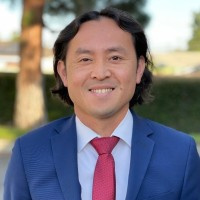Los Angeles DUI-DWI Lawyer, California, page 4
Sponsored Law Firm
-
 x
x

Click For More Info:
-
Nghi Lam, Attorney at Law
17111 Beach Blvd. Suite 212 Huntington Beach, CA 92647» view mapCriminal Defense Law Results-Oriented Legal Representation
We pride ourselves on being aggressive in the courtroom while also being responsive to our clients’ needs.
800-774-3671
James S Sweeney
Juvenile Law, Domestic Violence & Neglect, DUI-DWI, Criminal
Status: In Good Standing
FREE CONSULTATION
CONTACTFREE CONSULTATION
CONTACTAntonio K Kizzie
Accident & Injury, DUI-DWI, Civil Rights, Personal Injury, Litigation
Status: In Good Standing Licensed: 13 Years
FREE CONSULTATION
CONTACTDane Paul Miller
Family Law, Business, Accident & Injury, DUI-DWI
Status: In Good Standing Licensed: 23 Years
FREE CONSULTATION
CONTACTFREE CONSULTATION
CONTACTFREE CONSULTATION
CONTACTGabriel Herrera Avina
Traffic, Entertainment, DUI-DWI, Civil Rights
Status: In Good Standing Licensed: 23 Years
Robert Edward Myers
DUI-DWI, Civil Rights, Insurance, Car Accident, Personal Injury
Status: In Good Standing
 Nghi Lam Huntington Beach, CA
Nghi Lam Huntington Beach, CA Practice AreasExpertise
Practice AreasExpertise
